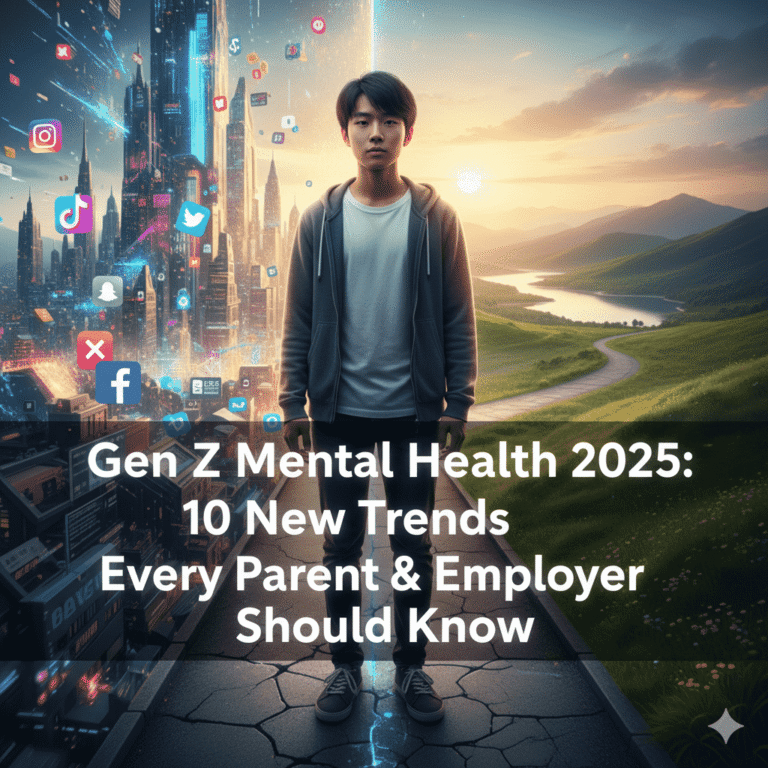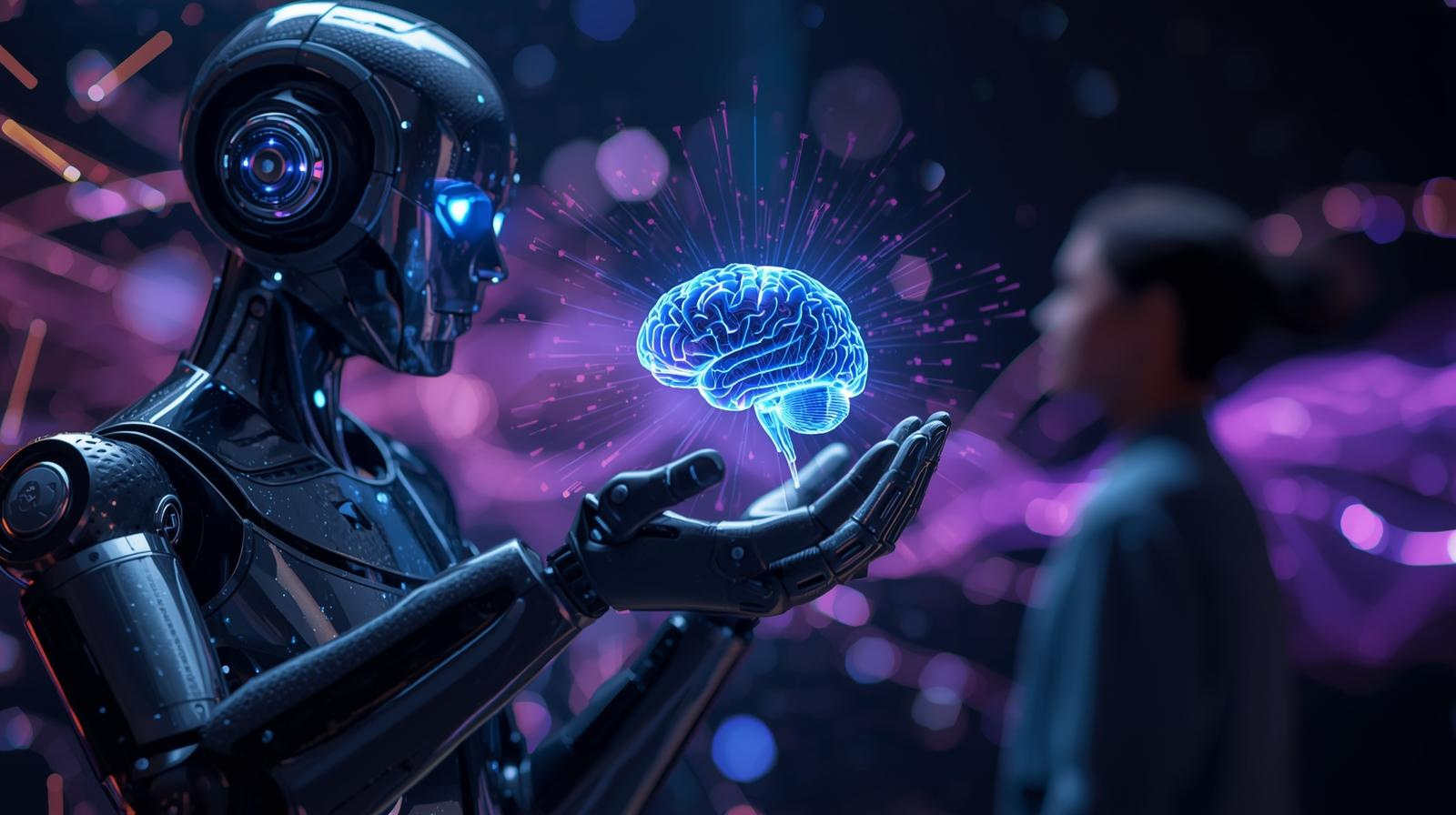
Mental health issues are becoming increasingly prevalent, with millions of people worldwide struggling with various conditions. However, thanks to advancements in technology, we are beginning to see a new wave of solutions that are changing the way we approach mental health care. One such breakthrough is artificial intelligence therapy, which is becoming a key player in improving mental health treatment and support.
In this blog post, we’ll explore how AI therapy is revolutionizing the mental health space, what it means for those seeking mental health support, and how it is shaping the future of mental health clinics. We will also discuss the importance of mental health awareness and how AI is helping individuals identify signs of mental illness earlier.
What Is Artificial Intelligence Therapy?
Artificial intelligence therapist is a cutting-edge development in the mental health field that uses AI technology to simulate therapeutic conversations and provide personalized support. AI therapy works by analyzing the individual’s behavior, emotional state, and mental health history, providing treatment plans or advice based on this data.
For example, there are AI-powered chatbots like Woebot and Wysa, which use natural language processing to offer cognitive behavioral therapy (CBT). These tools offer accessible mental health support and help people who may otherwise not have access to professional help.
While AI therapy cannot replace a human therapist, it can serve as a complementary resource, offering an additional layer of mental health support and reaching those who may be hesitant to seek traditional therapy.
The Role of AI in Mental Health Awareness
Mental health awareness is crucial for eliminating the stigma surrounding mental health issues. While people are becoming more open about mental health discussions, the challenge remains in ensuring people can access accurate information and appropriate support.
AI has the potential to significantly improve mental health awareness. AI-powered systems can provide educational resources, early diagnosis tools, and mental health alerts. For example, AI tools can analyze a person’s social media behavior or responses in therapy to identify potential signs of mental illness early, helping users receive timely interventions.
Additionally, AI-driven platforms can guide users toward finding mental health resources in their local area, such as a mental health clinic near me, offering easy-to-access recommendations based on the user’s location and needs.
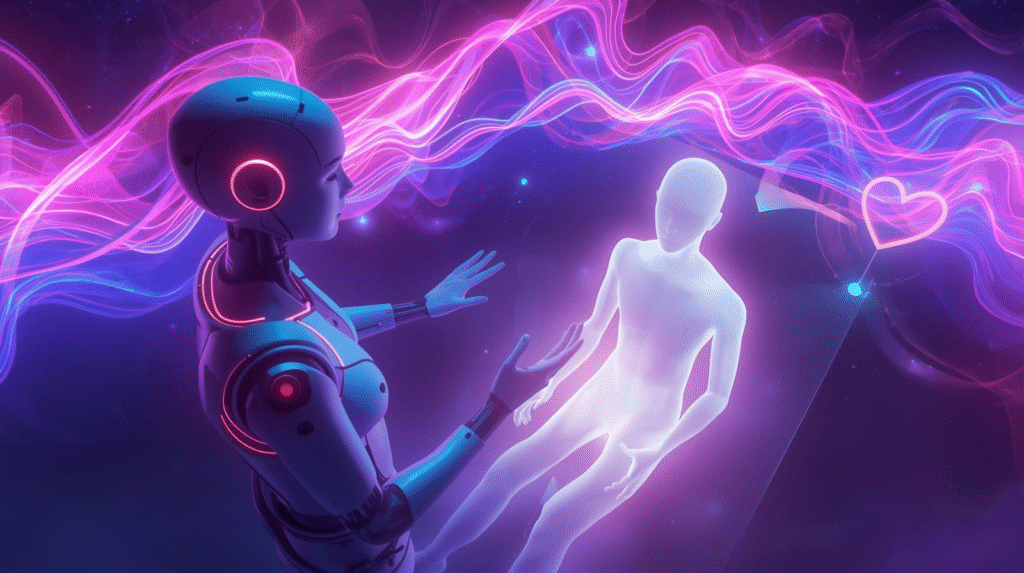
AI Therapy: Accessibility and Benefits
One of the most significant benefits of AI therapy is its accessibility. People around the world, especially in areas where traditional therapy options are limited, can now access mental health support through AI-powered platforms.
Here are some of the key advantages of AI in mental health therapy:
- 24/7 Availability: Unlike traditional therapy, AI therapists are available 24/7. This makes them a convenient option for those who need immediate assistance, especially in moments of crisis or anxiety.
- Anonymity: For many individuals, seeking therapy can be daunting due to the fear of judgment. AI therapy offers complete anonymity, making it easier for people to open up about their struggles without the fear of stigma.
- Cost-Effective: Traditional mental health services can be expensive. AI-powered therapy tools are often much more affordable, making mental health support accessible to a larger group of people.
- Personalized Treatment: AI is capable of analyzing vast amounts of data and offering highly personalized treatment recommendations. This allows individuals to receive tailored support based on their unique mental health needs.
How AI Helps Identify Signs of Mental Illness
AI is playing a significant role in helping individuals recognize the signs of mental illness before they become more severe. Early detection is crucial for effective treatment and long-term mental well-being.
Some signs of mental illness can be difficult to detect on your own, but AI tools are capable of analyzing your behavior, social interactions, and even your responses to certain prompts to spot red flags. For example:
- Mood tracking: AI apps can monitor mood changes and provide insights into patterns that could indicate the onset of a mental health issue.
- Behavioral analysis: AI can track your daily behavior and provide feedback on any concerning changes, such as sleep patterns or social isolation.
- Language patterns: AI programs can analyze how you express yourself in writing or speech, identifying any shifts in tone, language, or sentiment that may be indicative of mental distress.
By using AI-powered tools, individuals can catch potential signs of mental illness early, preventing further deterioration and allowing for earlier intervention.
AI’s Impact on Mental Health Clinics
As AI continues to advance, mental health clinics are beginning to incorporate this technology into their practice. Mental health clinics are leveraging AI for a variety of purposes, including:
- Efficient patient management: AI tools can help mental health clinics streamline patient intake, scheduling, and follow-up, making the entire process more efficient.
- Predictive analytics: AI can predict trends in patient behavior and recommend the most effective treatments based on the patient’s mental health history.
- Telehealth services: Many mental health clinics are integrating AI tools with telehealth platforms, allowing patients to access therapy and support remotely. This is especially valuable in the wake of the COVID-19 pandemic, where in-person visits are often not feasible.
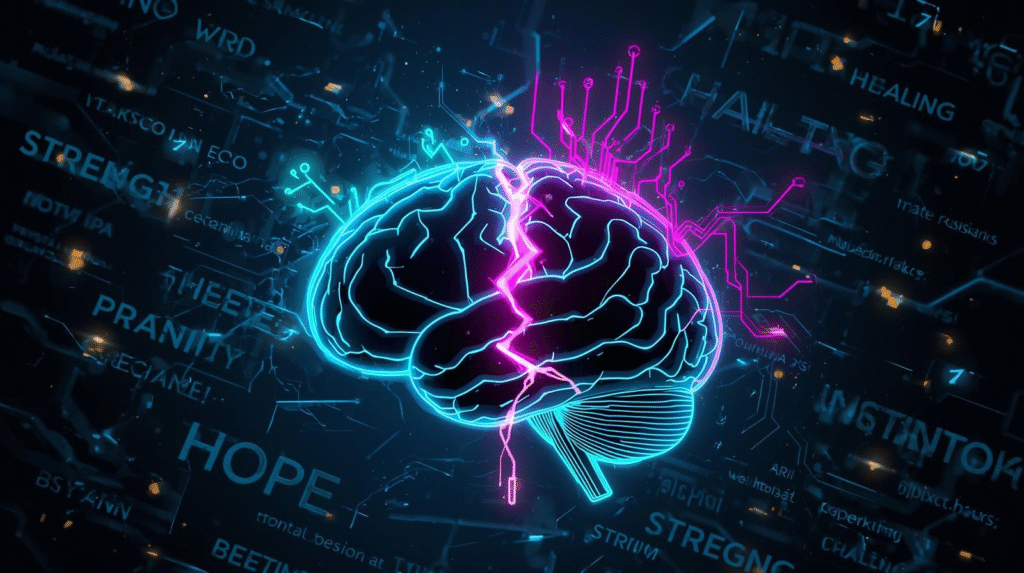
Finding a Mental Health Clinic Near You with AI
One of the best things about AI in mental health is its ability to connect individuals with the right resources. If you’re looking for a mental health clinic near me, AI-based tools can help you locate a nearby clinic that fits your specific needs.
- Location-based searches: Many AI-driven mental health platforms include location-based services that allow you to find local clinics or telehealth services near your area.
- Specialization: Whether you’re seeking therapy for anxiety, depression, or any other condition, AI can help you filter options based on the specific mental health services provided by each clinic.
Using AI for resource discovery means you can find the help you need without spending hours searching for a mental health clinic.
AI Therapy vs. Traditional Therapy: A Comparison
To better understand how AI therapy stacks up against traditional therapy, here’s a detailed comparison:
| Feature | AI Therapy | Traditional Therapy |
|---|---|---|
| Availability | 24/7, accessible anytime and anywhere via apps | Limited by office hours; requires appointment scheduling |
| Cost | Generally more affordable and accessible | Can be expensive, especially for long-term sessions |
| Anonymity | Offers complete anonymity; no face-to-face interaction | In-person sessions require personal interaction, less anonymity |
| Personalization | Personalized feedback based on data analysis | Personal connection with therapist for tailored advice |
| Effectiveness | Effective for mild to moderate conditions; complements traditional therapy | Best for severe cases; allows deeper emotional connection |
| Treatment Options | Focuses on Cognitive Behavioral Therapy (CBT), stress management, and relaxation techniques | Includes a wide range of therapies, including CBT, talk therapy, psychoanalysis, etc. |
| User Control | Users control their interactions and progress | The therapist guides the therapy based on their professional expertise |
| Human Interaction | Limited; relies on AI algorithms and pre-programmed responses | High human interaction with empathy and emotional support |
| Appropriateness for Crisis | Not ideal for urgent or crisis situations | Effective for managing crises with immediate emotional support |
| Data Tracking | Tracks mood and behavior patterns through AI algorithms | Limited tracking; progress is manually documented by the therapist |
The Future of AI in Mental Health Therapy
As AI continues to evolve, the future of mental health therapy is undoubtedly going to be shaped by technology. The role of artificial intelligence therapists will continue to expand, offering more personalized, data-driven care.
Here are some key ways AI will shape the future of therapy and support:
- Emotional AI: In the future, AI systems may be able to better understand emotions and respond with empathy, allowing for more human-like interactions and deeper connections between AI and users.
- Enhanced data collection: As more people use AI tools for mental health support, these tools will collect vast amounts of data that can be used to improve treatments, identify new trends in mental health, and refine therapeutic approaches.
- Integration with wearable devices: AI will increasingly integrate with wearable devices, like smartwatches, to monitor health indicators such as heart rate and stress levels, providing real-time data to mental health professionals.
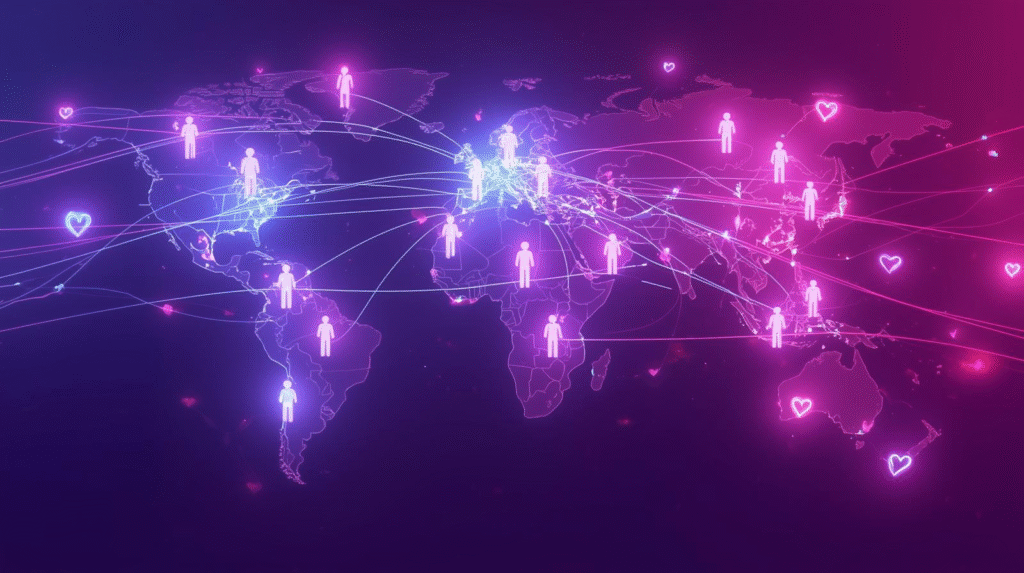
Conclusion
AI is undeniably changing the face of mental health care. From AI therapy to mental health clinics and personalized support, artificial intelligence is providing accessible, affordable, and effective mental health care to people around the globe. By raising mental health awareness, helping individuals recognize signs of mental illness, and offering support when needed, AI is setting the stage for a future where mental health treatment is more advanced, personalized, and accessible than ever before.
If you or someone you know is struggling with mental health, don’t hesitate to explore AI-powered resources or reach out to a mental health clinic near me. The tools and support systems are more advanced than ever, and getting help has never been easier.
How does AI therapy work?
AI therapy works by analyzing a person’s emotional state, behavior, and mental health history. It then provides feedback, therapeutic exercises, or advice tailored to the individual’s needs. These tools often use techniques like Cognitive Behavioral Therapy (CBT) to guide users through self-help exercises.
Is AI therapy as effective as traditional therapy?
While AI therapy can be beneficial for mild to moderate mental health conditions and provide constant support, it cannot fully replace traditional therapy. It’s best used as a complementary tool, especially for individuals who may not have access to in-person therapy.
What are the benefits of AI therapy?
The main benefits of AI therapy include 24/7 availability, privacy, cost-effectiveness, and personalization. It also provides immediate assistance for individuals who may not have access to traditional therapy due to time, location, or financial constraints.
Can AI detect signs of mental illness?
Yes, AI tools can analyze patterns in behavior, mood, and language to detect early signs of mental illness. These tools can help users identify changes in their emotional state and seek professional help early.
Are AI therapy tools safe?
AI therapy tools are generally safe to use but are not meant to replace professional medical advice or crisis intervention. It’s important to use these tools responsibly and consult a mental health professional when needed.

